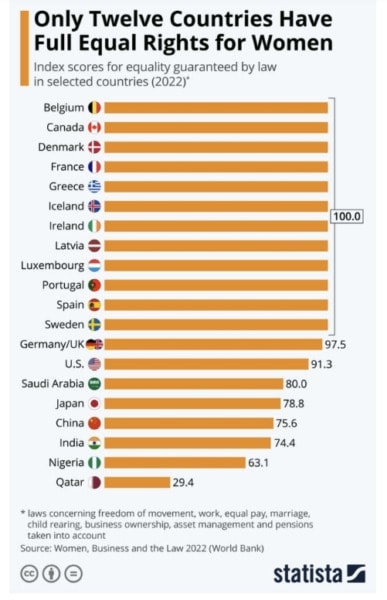
There is much to be shocked by in Justice Samuel Alito’s screed of a draft decision overturning Roe v. Wade, but his evocation of centuries-old common law shouldn’t be one of them. As it turns out, this is not unusual, particularly among jurists who argue that certain ideas are so firmly entrenched in the culture that there no longer remains any question on their validity. That is not to say, however, that Alito’s use of ancient misogyny to undergird his arguments isn’t disgraceful. In fact, it’s nothing short of grotesque. He goes all the way back to the 13th century to cite Judge Henry de Bracton’s “De Legibus et Consuetudinibus Angliae,” a text about English law and custom that explained that if a person has “struck a pregnant woman, or has given her poison, whereby he has caused an abortion, if the foetus be already formed and animated … he commits homicide” to argue […]











I think it should be noted that Samuel Alito replaced Sandra Day O’Connor. What type of decision would she have written?